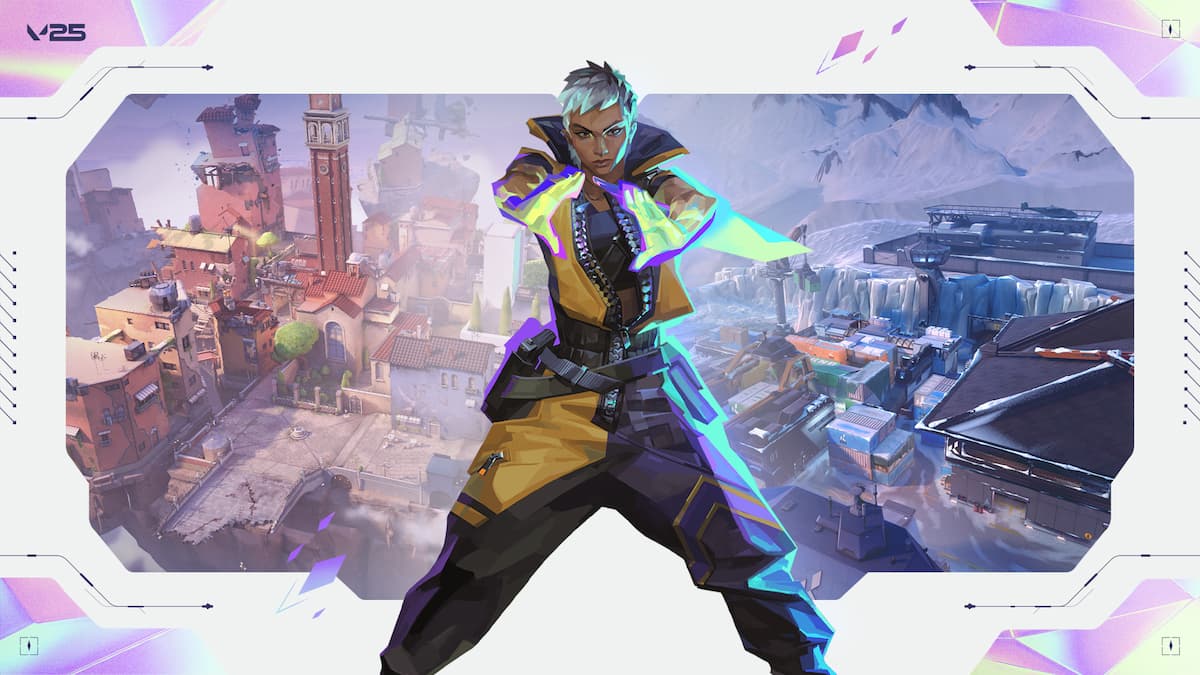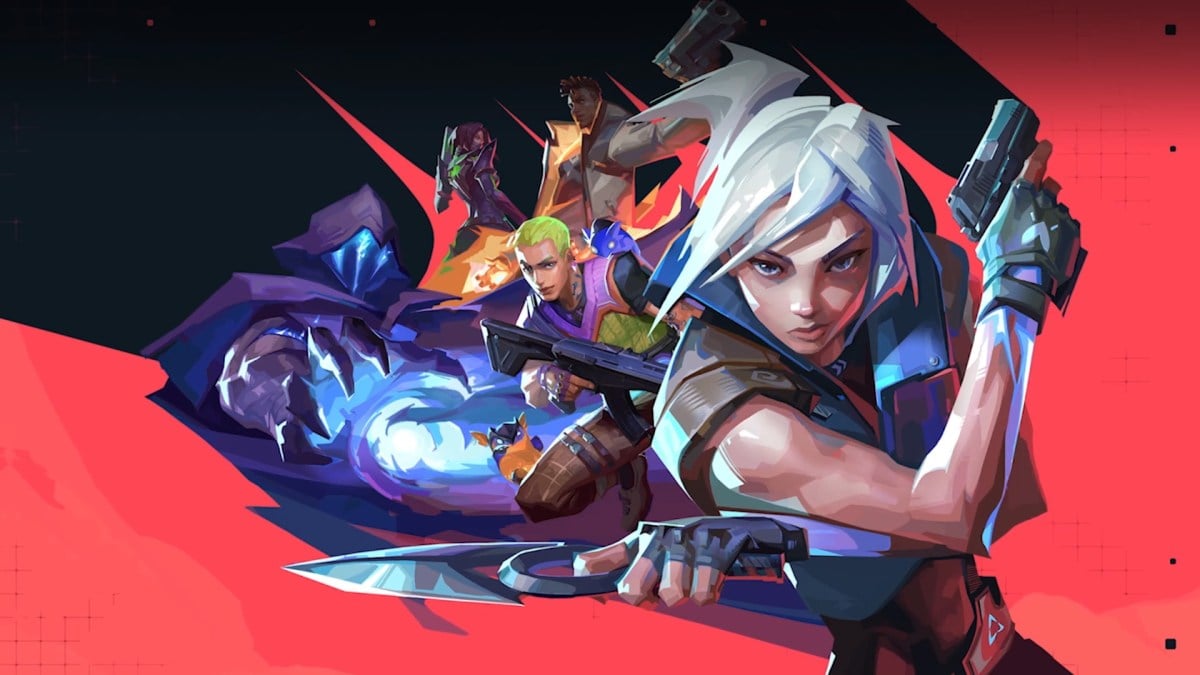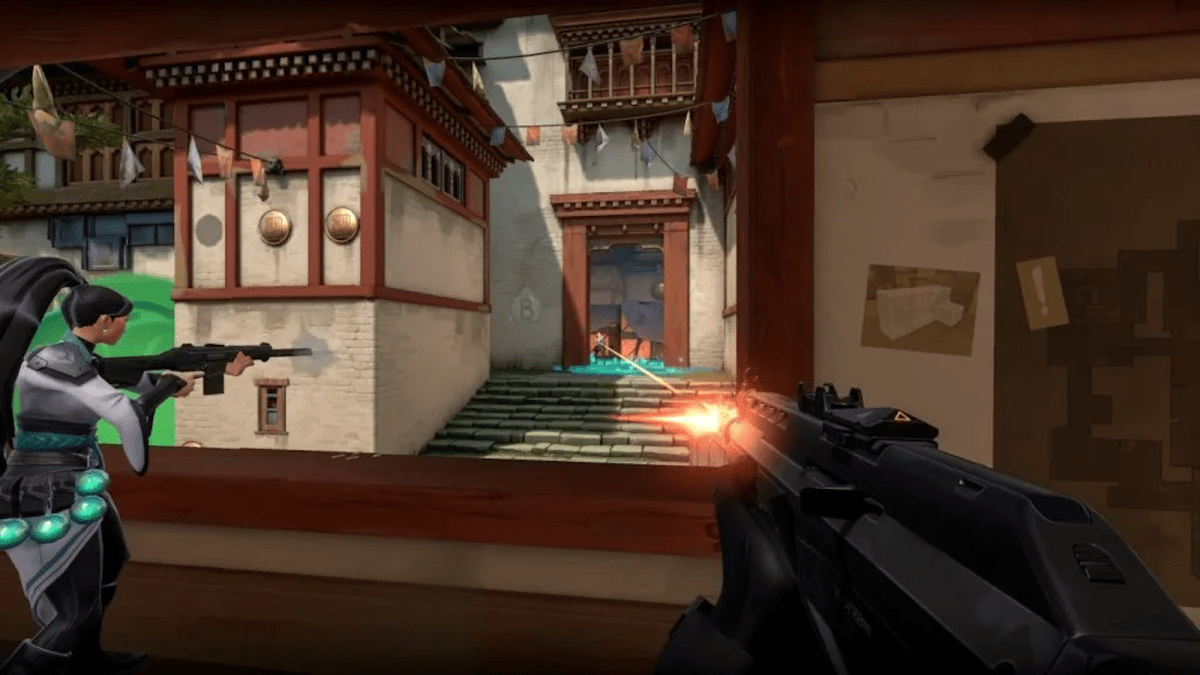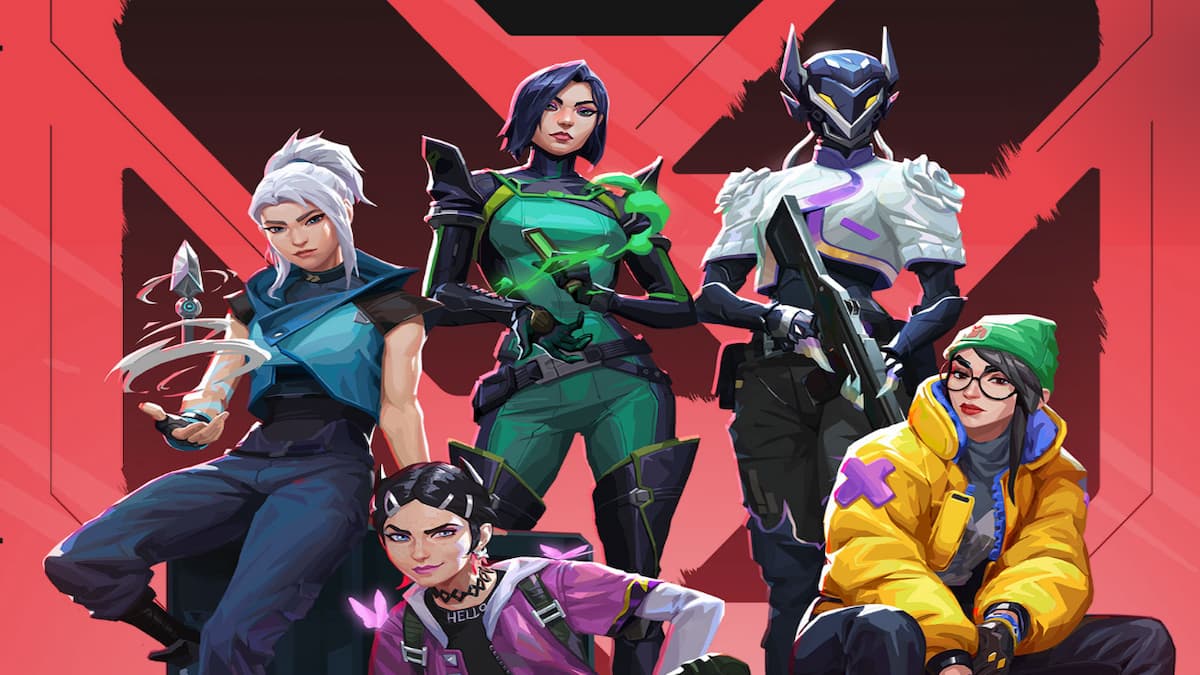As of now, there are 30 esports organizations partnered with Riot Games to compete in the three international VALORANT leagues. While the leagues will see more teams join via two-year promotion windows earned through Ascension, many fans originally saw the partnered team cap as restrictive, given how many teams and organizations globally play VALORANT.
But in a lengthy blog post today from Riot’s president of esports, John Needham, the company explained why it did what it did and “deliberately constrained the number of professional teams competing” in VCT.
In-game digital esports content “is some of Riot’s best-selling game content,” according to the post. Riot said “three out of the top six selling League skins of all-time are esports-themed” and confirmed that the VCT Champions 2022 skin bundle brought in $42 million, half of which went to teams that competed.
Related: VCT Americas 2023: VALORANT scores, schedule, format, and standings
But Riot also said it has “struggled to make digital in-game esports content at a scale that moves the needle revenue-wise for all of the teams in our ecosystem,” given that there are nearly 100 teams that compete in the League ecosystem across the LCS, LEC, and numerous other leagues. With so many teams, the revenue from team-based in-game content is split up so much that teams are hardly bringing in any revenue that’s worth the effort.
With that in mind, Riot claims to have “learned” from League esports and decided to cap the number of partnered teams in VALORANT at 30, to make it “easier to develop and integrate team-specific esports game content.”
Team-based in-game digital esports content is something that has been promised to VALORANT fans, but they’re still waiting for it to release. The most recent update on items like team skins was heard back in January when head of VALORANT esports Leo Faria confirmed they were in the works. Faria also confirmed that teams would get a “big portion” of the revenue from team-branded content, as well as a “minimum guarantee” when it comes to revenue.
In the blog post released today, Needham expressed his hopes that digital esports goods could “fill the hole left by the lack of broadcast licenses” that traditional sports franchises make millions from.















Published: Apr 19, 2023 01:10 pm